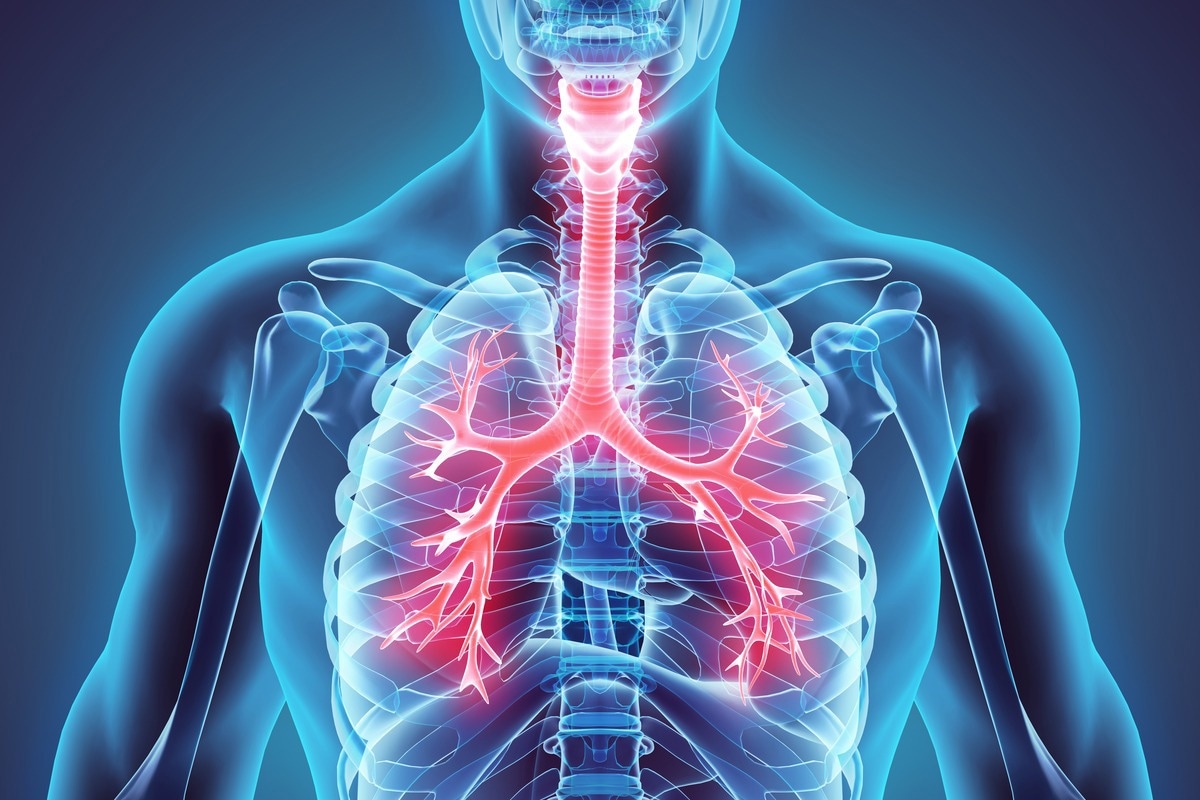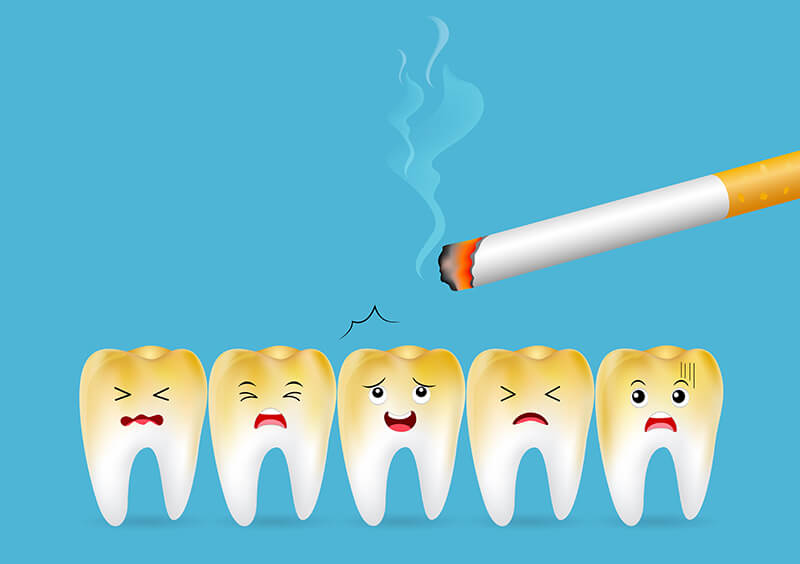That You’ll Be Aware Of
Smoking often starts as a casual habit, but its long-term effects can be life-altering. While many people believe they can quit whenever they want, the truth is far more complex. This artical post aims to unveil the hidden costs of long-term smoking, providing you with crucial information that could save your life or the life of someone you love.

Respiratory Issues
Long-term smoking wreaks havoc on your respiratory system. Chronic Obstructive Pulmonary Disease (COPD) is an expected outcome, causing irreversible damage to your lungs. Symptoms like chronic bronchitis and emphysema become frequent companions for smokers.
Lung cancer is another devastating consequence. Smokers are 15 to 30 times more likely to develop lung cancer than non-smokers—the toxins in cigarette smoke damage lung cells, which can then mutate into cancerous cells.
People living with Asthma find their symptoms exacerbated by smoking. Inhaling smoke triggers asthma attacks, making it harder for sufferers to breathe comfortably.
Cardiovascular Complications
Smoking doesn’t just affect your lungs; it also targets your heart. The risk of heart disease is significantly higher among smokers. Plaque builds up in the arteries, causing them to harden and narrow, which can lead to heart attacks.
Stroke is another risk. Smokers are twice as likely to suffer from a stroke compared to non-smokers. The chemicals in cigarettes can thicken your blood, increasing the likelihood of clots forming.
High blood pressure is a silent killer linked to smoking. The nicotine in cigarettes raises your blood pressure, putting extra strain on your heart and arteries.
Digestive System Damage
The digestive system isn’t spared either. Long-term smoking can lead to stomach ulcers. The chemicals in cigarette smoke weaken the stomach lining, making it more susceptible to ulcer-causing bacteria.
Liver disease is another concern. Smoking affects liver function and can exacerbate conditions like hepatitis and cirrhosis.
Gastroesophageal reflux disease (GERD) is more common among smokers. The habit weakens the lower esophageal sphincter, allowing stomach acids to flow back into the esophagus, causing heartburn and other symptoms.
Mental Health Struggles
Anxiety and Depression
Contrary to popular belief, smoking can exacerbate mental health issues like anxiety and depression. Nicotine dependence creates a vicious cycle, where the smoker needs a cigarette to feel normal, but this relief is temporary.
The withdrawal symptoms when trying to quit can also worsen anxiety and depression. The irritability and mood swings during withdrawal make it incredibly challenging to stop.
Cognitive Decline
Smoking has been linked to cognitive decline. Studies have shown that smokers are at a higher risk of developing dementia and other cognitive impairments.
Memory loss is another side effect. The toxins in cigarette smoke can impair brain function, making it harder to recall information and perform mental tasks efficiently.
Sleep Disorders
Sleep disorders are common among smokers. Nicotine is a stimulant, making it harder to fall asleep and stay asleep. This leads to chronic sleep deprivation, which can exacerbate other health issues.
The quality of sleep is also poor. Smokers are more likely to suffer from sleep apnea, a condition where breathing repeatedly stops and starts during sleep.
Social and Financial Costs
Social Isolation
Long-term smoking can lead to social isolation. The habit is increasingly stigmatized, making smokers feel unwelcome in many social settings.
Relationships can suffer. Non-smoking friends and family members may distance themselves, not wanting to be exposed to secondhand smoke.
Financial Burden
The financial burden of smoking is significant. The cost of cigarettes adds up quickly. Smokers can spend thousands of dollars annually on their habit.
Healthcare costs are another financial strain. The medical expenses for treating smoking-related illnesses can be astronomical.
Career Limitations
Career limitations are another hidden cost. Many employers prefer non-smokers due to concerns about productivity and healthcare costs.
Job performance can suffer. Smokers often need frequent breaks, making them less efficient and reliable.
Impact on Appearance
Skin Damage
Smoking accelerates the aging process. The toxins in cigarette smoke cause the skin to lose elasticity, leading to premature wrinkles and sagging.
Smokers often develop a dull, sallow complexion. The reduced blood flow to the skin deprives it of oxygen and essential nutrients.
Dental Problems
Dental problems are common among smokers. The habit leads to stained teeth, bad breath, and an increased risk of gum disease.
Another risk is tooth loss. Smokers are more likely to lose their teeth due to gum disease and other oral health issues.

Hair Loss
Another potential side effect is hair loss. Cigarette smoke toxins can damage hair follicles, leading to thinning hair and even baldness.
Conclusion
The long-term effects of smoking are far-reaching, affecting not only your health but also your social life, finances, and even the environment. However, it’s never too late to quit and start reaping the benefits of a smoke-free life. By understanding the hidden costs of smoking, you can make an informed decision and take the first steps toward a healthier future.
